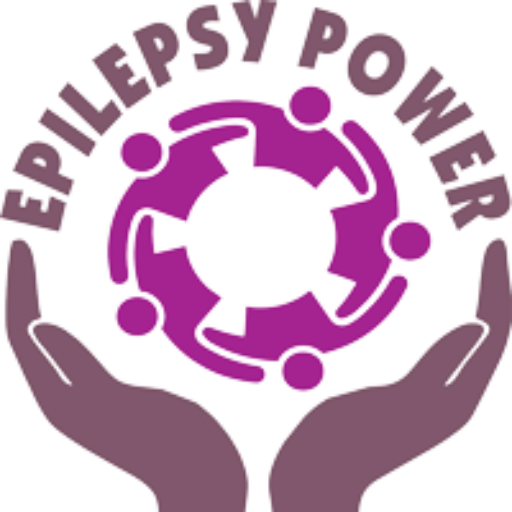- Introduction
- Section 1: Seizures and triggering factors
- Section 2: Physical effects
- Section 3: Cognitive effects
- Individual assessment tool
- Concluding remarks
- Quiz
Total Participants: 2
Introduction
Epilepsy is a chronic neurological disorder that can have varying impacts on cognitive function depending on the type of seizures and medications involved. Some seizures and medications do not affect intelligence, cognition, or reasoning capacity. In these cases, it’s unlikely that you would encounter any restrictions in employment, and individuals can work in jobs requiring intellectual skills without concern.
Some people might experience seizures that impair awareness, leading to deficits in attention and concentration. Temporal lobe epilepsy, for example, can cause problems with short-term memory and, in some cases, long-term memory. Seizures involving the entire brain can result in impaired awareness and slower reaction times. The postictal period following a seizure can bring about fatigue, stress, amnesia, and lack of concentration. In these situations, it is crucial for those around the individual to provide support by allowing time for recovery and ensuring the person is kept in a safe environment, away from machinery and other potential hazards.
There are various types of cognitive challenges that may arise from epilepsy or surgery. Jobs that do not demand specific linguistic skills may be more suitable due to potential memory and language deficits caused by epilepsy or related surgical interventions. Depending on the type of surgery, adjustments may be necessary. For example, resective surgery involving the posterior lobes can lead to potential vision loss, while surgery on the right temporal lobe may result in spatial attention or orientation issues. These might involve using supports tailored for individuals with vision impairments.
The side effects of epilepsy medication can prompt memory deficits, concentration difficulties and fatigue which impairs your ability to focus. Working excessively can also increase stress and fatigue. Seizures, stress, and medication can all impair concentration and speed of thought. It’s advisable to choose a job that aligns with your abilities and takes into account your capacity to focus.
When applying for a job, it’s important to consider that certain roles may demand higher cognitive effort. However, there are accommodations available that can support your needs, such as an appropriate amount of sick leave, able to take whenever you, if you need time to recover from seizures.
Another aspect of work life that is important to consider as someone with epilepsy is your ability to drive. Some seizures can impair driving capacity, and often you must be seizure free for at least 1 year to drive. Seizures that impair your awareness can put you and people around you in a dangerous situation on the roads. If you have frequent seizures, unfortunately you cannot apply for jobs that require you to drive. This should not prevent you from traveling to your workplace, as accommodations can be made. For example, your employer can allow you to work remotely, or you can apply in some countries for a disability allowance so you can take public transport for free or at a reduced rate.
The objective of this module is to understand how cognitive effects impact the capacity to work and how to identify solutions to challenges presented in the workplace.
Methods
In this module, we will highlight cognitive consequences of epilepsy and antiseizure medications. We will provide videos and at the end of Section 2 and 3 a small questionnaire to assess your symptoms.
Expected results
If you want to know more about:
Absence seizures:
https://www.youtube.com/watch?v=Bu0WNqVCr9Q
Memory problems related to epilepsy:
https://www.epilepsy.com/complications-risks/thinking-and-memory/types-memory-problems
